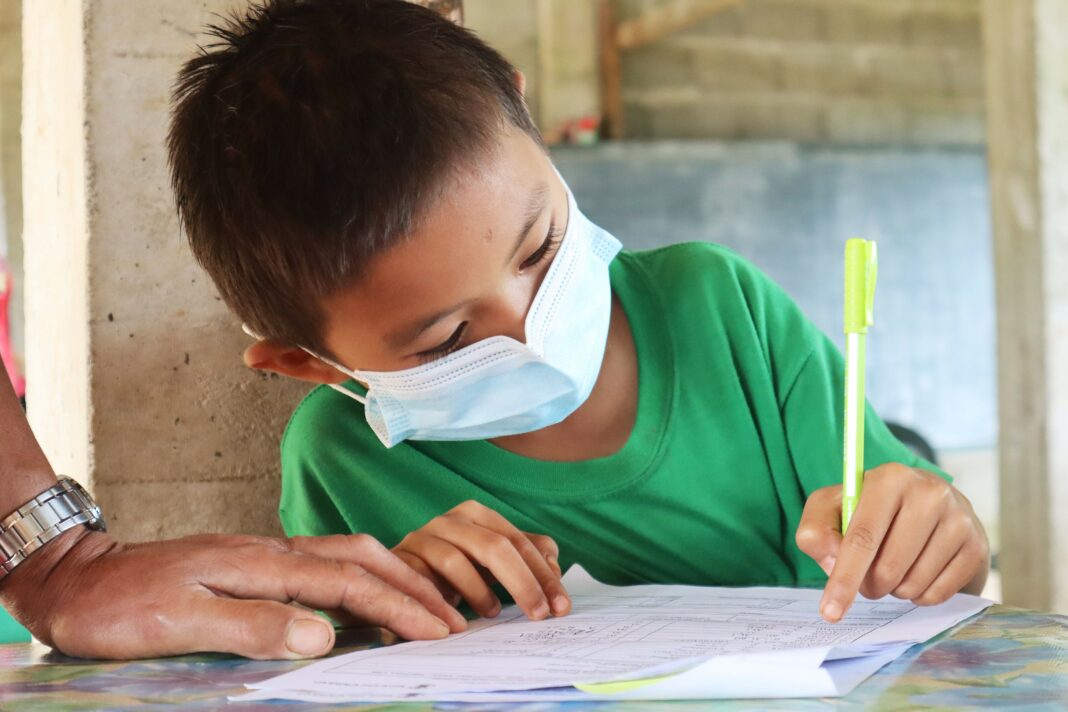The Department of Education (DepEd) has listed over 26 million enrolled students in the Philippines for schoolyear 2023-2024.
According to Save the Children, these student learners are “confronted with the multifaceted effects of climate change, which includes exposure to intolerable heat, more powerful typhoons, and limited access to water for basic needs.”
The situation is such that students are exposed to class suspensions that in the long run affects the quality of their learning, the group added.
“Our position is clear,” said Rohj Olivo, Save the Children’s youth representative to the 11th Asia-Pacific Forum on Sustainable Development (APFSD). “In the midst of climate change, government action should ensure that we have uninterrupted access to quality education.”
R.A. 10821
At the forum, Rep. Ma. Cynthia King Chan from the Lone District of Lapu-Lapu, shared information about R.A. 10821, also known as the Children’s Emergency Relief and Protection Act, which mandates the continuity of services, particularly education for children displaced by disasters.
Chan commended the on-going efforts of Save the Chilldren, which has been at the forefront of advocating for RA 10821, in particular, the law’s localization so that all Filipino children are protected during emergencies.
CLIMATE CHANGE MODULES
The child NGO is supporting the integration of climate change modules and the Green School Program, a school-based adaptation program that supports research and enhances teacher training. “The program will help some 47,000 public schools to strengthen their climate mitigation-adaptation strategies and enhance resilience, thus reducing leaning interruptions,” Save the Children said.
For her part, Rep. Chan said: “By imparting knowledge and skills, and fostering critical thinking in our children, we empower them to become climate champions.”
Save the Children Philippines (SCP) also implements Comprehensive School Safety (CSS) Ecosystems and Quality Assurance System (QAS) programs in over 21,000 schools and 12,000 barangays to “ensure that children, schools, and communities are climate literate, responsible, and resilient to the inevitable effects of climate change.”



